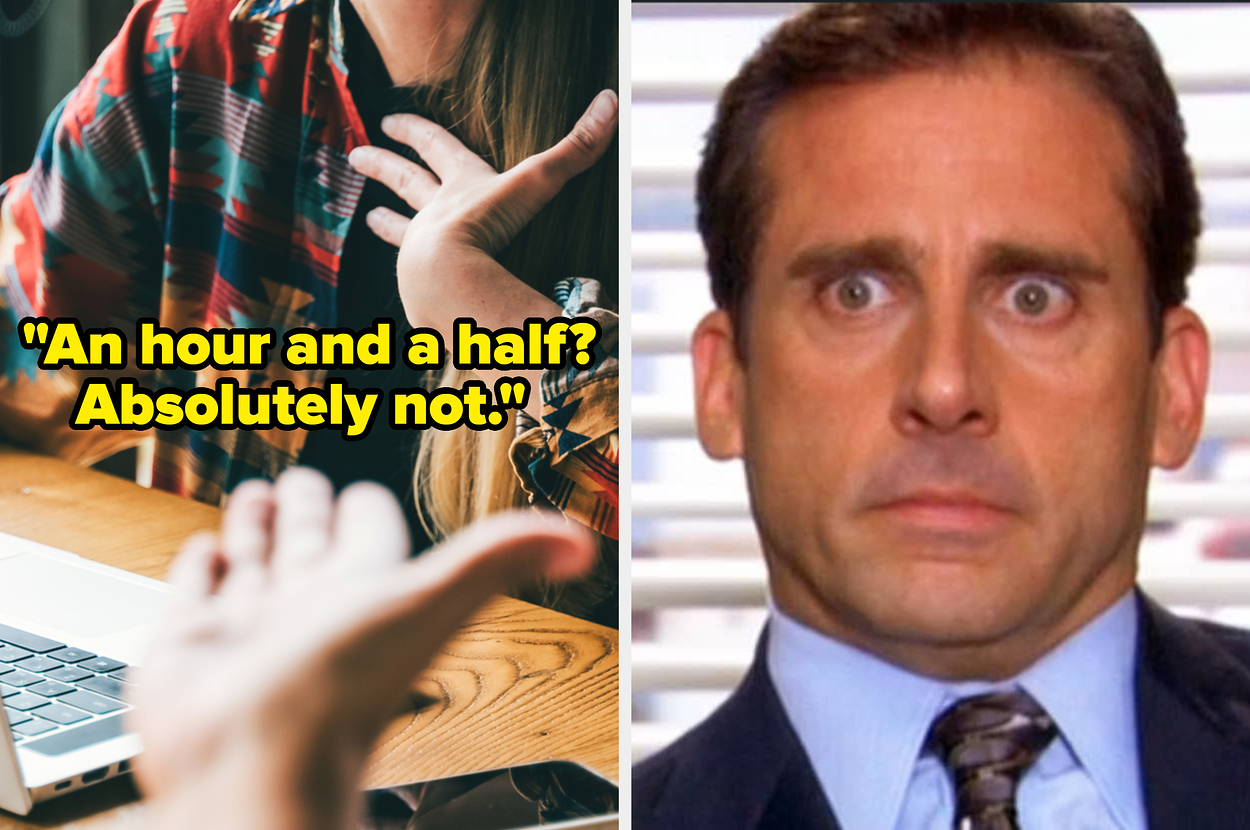from the talking-to-a-wall dept
The depressing tale of how the European Union passed copyright’s worst new law, the EU Copyright Directive, occupies some 36 pages in Walled Culture the book (digital versions available free). The main legislation was finalized over four years ago, but countries are still grappling with the problem of implementing its sometimes contradictory requirements in national laws. One of the latest to join the EU Copyright Directive club is Portugal. A Twitter thread from the non-profit digital rights group D3 – Defesa dos Direitos Digitais explains how the new law implementing the directive was passed in just about the worst possible way (translations of tweets by DeepL).
On June 13th, the Portuguese President of the Republic approved the transposition of the EU Copyright Directive into law. However:
What solutions were ultimately approved? Not known, they are not public.
That is, a key law for the digital world has been passed without full details being published. As D3 explained in a tweet, back in January, several civil society associations had objected to a legislative process that gave the Portuguese government a free hand to do whatever it wanted:
At the time, we warned that a “public consultation” by the government would be just an email inbox where you could send documents. A “talking to the wall” in digital version.
Despite that warning, the Socialist Party, Social Democratic Party and the nationalist Enough Party together voted to approve the legislative authorization. Confirming the importance of the proposed implementation of the EU Copyright Directive to people in Portugal:
The public consultation had a remarkable participation for a law on copyright: more than three dozen submissions.
But the entities that participated did not have any feedback to their participation.
It was indeed just a case of the Portuguese government going through the motions in terms of seeking public input, of “talking to the wall”:
It is not known what suggestions were approved or rejected.
It is not even known if there would have been amendments or not.
The Decree-Law was approved in the Council of Ministers without being made available to the public.
Let that sink in: one of the most important modern laws has been passed in Portugal without the public being told what its final form would be:
Today [June 13th], the President of the Republic announces the enactment, pointing out a “positive evolution of the articles”.
What evolution? We don’t know, it is not public.
This is an example of the political paternalism that is all-too common in this field. Politicians simply don’t care what the public thinks about copyright laws, and arrogantly assume that they know better, or that it doesn’t matter to ordinary citizens. D3 summarizes what happened as follows:
In short, the content of the Portuguese transposition:
– Was not discussed at all by Parliament, which also did not listen to civil society.
– It was not openly discussed by the Government.
– It is not public (until it is published in [the official gazette] Diário da República [Decree-Law now available]).
The requirement that national governments implement the EU Copyright Directive through local legislation naturally means that the political processes used to accomplish that, and the laws that result, will vary somewhat by country. This in itself creates issues, especially for a directive that aims to harmonize. But the secretive, anti-democratic manner in which the new Portuguese law transposing the EU Copyright Directive has been rammed through is one of the worst examples of the contempt often shown by politicians for the public they supposedly represent and serve, a contempt that is so typical when it comes to regulating copyright. Portugal should be ashamed of the result.
Follow me @glynmoody on Mastodon. Originally posted to WalledCulture.
Filed Under: copyright, copyright directive, portugal, public consultation
Source link









Leave a Reply